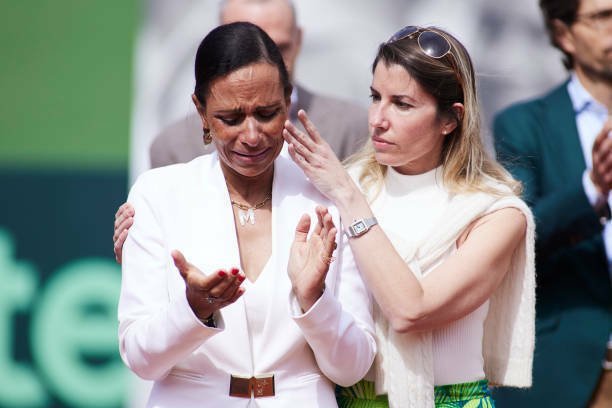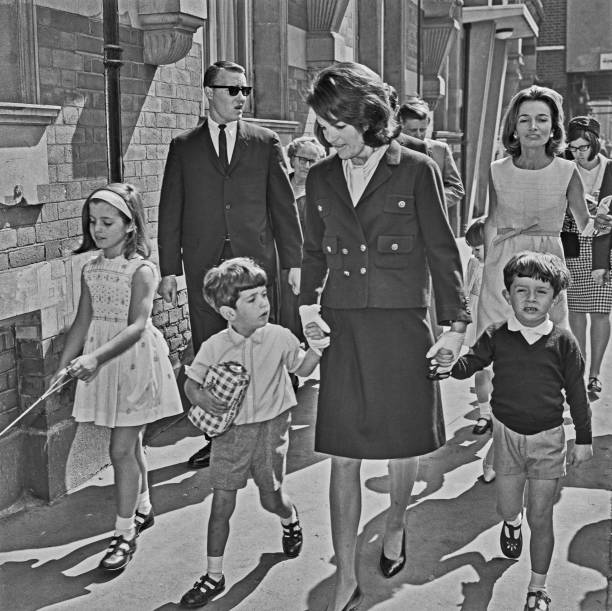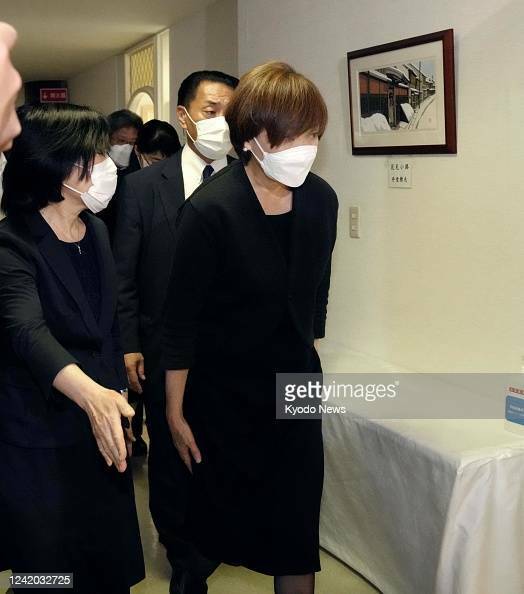Widowed with Young Children: My Journey From Heartbreak To Helping Others Navigate Their Grief
Sharon Rosenbloom shares her journey from the heartbreak of losing her partner, the struggles of raising two young children alone, and how she found strength in aiding others.

It is never easy to lose a spouse. When it happens at a young age, it can be especially difficult to cope with. This article will explore the unique challenges that young widows and widowers face, as well as offer some tips on how to best support them during this difficult time.
The early days after the death of a spouse
No one can truly prepare you for the death of a spouse. No matter how much you think you are ready for it, the reality is always different.
For me personally, I was 39 when my husband died of cancer and I was left alone with two young children to raise on my own. The early days after my husband’s death were some of the most difficult times of my life. I had to learn how to do everything by myself. I had to be both mother and father to my children. I had to deal with the pain of my own grief while also trying to comfort my children as they grieved the loss of their father.
There are many widows and widowers out there who have been through their journey of grief but everybody experience it differently, especially at a young age. For me, it was no one to lean on for support and understanding. I felt so lost, alone and completely shattered. It was a lot to handle, and I felt so alone…

Widowhood with children
As a young widow with children, I faced many challenges that come with trying to raise a family on my own. It’s not easy, but it is possible. Here are some tips and advice for other young widows on how to make it through the tough times.
- Don’t be afraid to ask for help. When you’re grieving, the last thing you want to do is ask for help. But sometimes, you just need to reach out to friends and family for support. Don’t be afraid to lean on them during this difficult time.
- Find a support group. There are many groups out there for widows and widowers. Finding a supportive community can be a lifesaver when you’re trying to navigate this new journey alone.
- Take care of yourself. Grieving can be all-consuming, but it’s important to take care of yourself both physically, mentally and emotionally. Make sure you’re getting enough sleep, eating healthy, and taking time for yourself when you need it.
- Be patient with yourself. Grief is a process, and there is no right or wrong way to do it. Allow yourself the time and space to grieve.

How to cope with the death of a spouse
No one can truly prepare you for the death of a spouse. Whether it is expected or comes as a shock, losing a partner is one of the hardest things a person can go through. And, if you have children, you not only have to deal with your own grief, but also help your kids through theirs. Here are a few tips for coping with the death of a spouse and helping your kids through this difficult time:
- Give yourself time to grieve. Don’t try to push your emotions away or bottle them up. It’s okay to cry, to be angry, and to feel like you’re never going to be whole again. Grief takes time, so be patient with yourself.
- Talk about your spouse with your kids. It’s important that they remember and talk about the person who died. This will help them process their grief and keep the memory of their parent alive.
- Seek out support from friends, family, or a therapist. It can be helpful to talk to someone who understands what you’re going through. Sometimes it’s just nice to have someone to listen without judgement or trying to fix things.

What are the challenges you may face?
A young widow and her children face many challenges. The most obvious challenge is the death of the head of the household and provider. This can leave the family in a difficult financial situation. The widow may have to return to work or find new employment to support her family. Additionally, she may have to deal with the emotional fallout from her husband’s death. She may struggle with depression, anxiety, and grief. Her children may also be grieving and may have behavioural problems at school or at home. Another challenge the young widow and her children may face is discrimination. People may judge them for being a single-parent family or look down on them for their loss. The widow and her children may feel isolated and alone as they try to move forward with their new lives.

How to cope with the loss?
No one can truly prepare for the loss of a spouse. When you become a widow, you are thrust into a new role that you never expected to have. You are now responsible for everything in your life and in the lives of your children. It can be a daunting task, but it is important to remember that you are not alone. There are many resources available to help you and your children cope with the loss of a spouse. The most important thing is to take things one day at a time.
Grief is a process, and there is no set timeline for how long it will take to heal. You may find it helpful to talk to other widows or join a support group. Talking about your feelings can be therapeutic and help you to realize that you are not alone in your grief. It can also be helpful to read books or articles about coping with loss. Whatever you do, be sure to give yourself and your children time to grieve.
There is no right or wrong way to do this, so do whatever feels right for you. In time, the pain will lessen and you will be able to move forward with your life.

What support is available ?
There are a number of support groups available to young widows and children. Some of these groups are specific to young widows, while others are geared towards children who have lost a parent. These groups can provide valuable support and resources during this difficult time.
You will find that reading books for guidance really effective and writing has healing powers.
Conclusion
No one can prepare you for the death of a spouse. It is a tragedy that no one ever wants to go through. If you find yourself in this position, know that you are not alone. There are many resources available to help you and your children through this difficult time. widowhood is one of the most difficult things a person can go through, but with the love and support of family and friends, you will be able to move forward in healthy ways.





